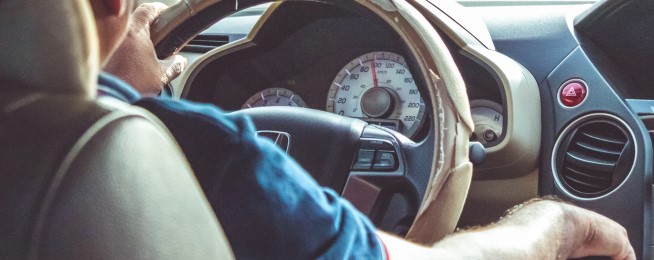As the car driving population ages, many people continue to drive who are not up to the task, putting their lives and those of other road users at risk.
Deaths and hospitalisations among drivers over 65 are rising. Deaths in that age group were at 21% of the total in 2018, up from 15% just a decade earlier.
Many older drivers over-estimate their skills and get pretty testy when family or friends tap them on the shoulder with the suggestion that their time behind the wheel might be up.
Medical professionals, who are in a better place to make authoritative judgements, and have powers to refer impaired drivers to the authorities, shy from the responsibility.
Even so, tens of thousands of drivers who do not have the abilities that their licences says they should, are detected and removed from the roads each year.
An on-road driving test is the criterion standard for evaluating the safety of older drivers, but that is a slow and expensive process. And it often comes long after those drivers showed signs of impairment.
Now a group of Australian researchers has developed a set of off-road screening tools that detect evidence of critical skills impairment without the need for a driving test.
And more importantly, they have scientifically validated their screening methods against real world driving tests. It’s a close match.
Cognitive impairment and visual impairment are two functions that have the largest effect on safety among older drivers, and can be difficult to evaluate.
The research team, based at the University of New South Wales, used a group of eight different assessment techniques to evaluate 560 older drivers.
The combination of various assessments was suitably accurate in predicting the result of the subsequent driving test. One assessment, the Multi-D computer based test, was the best predictor.
"The results of this study address a critical gap in the evidence on older driver assessment,” the researchers said. "Our findings demonstrate that it is possible to screen older drivers using off-road tests.
"This is highly significant because this approach would save the cost and time of an on-road driving assessment for many drivers.
"With populations ageing, many countries lack sufficient resources to provide on-road driving assessments.
"The use of an objective assessment battery relieves physicians of the need to make subjective or clinical judgement about fitness to drive."
The researchers said that further research is required to evaluate the frequency at which older drivers require assessment and to identify cutoffs for safety in specific driving populations.
"Quantification of crash risk associated with different levels of performance could be possible if large, prospective studies were conducted with these screening tests measured at baseline. Future research could also provide health economic evaluations of screening tools for older drivers."
Become our friend
Find out more about Bicycle Network and support us in making it easier for people to ride bikes.


